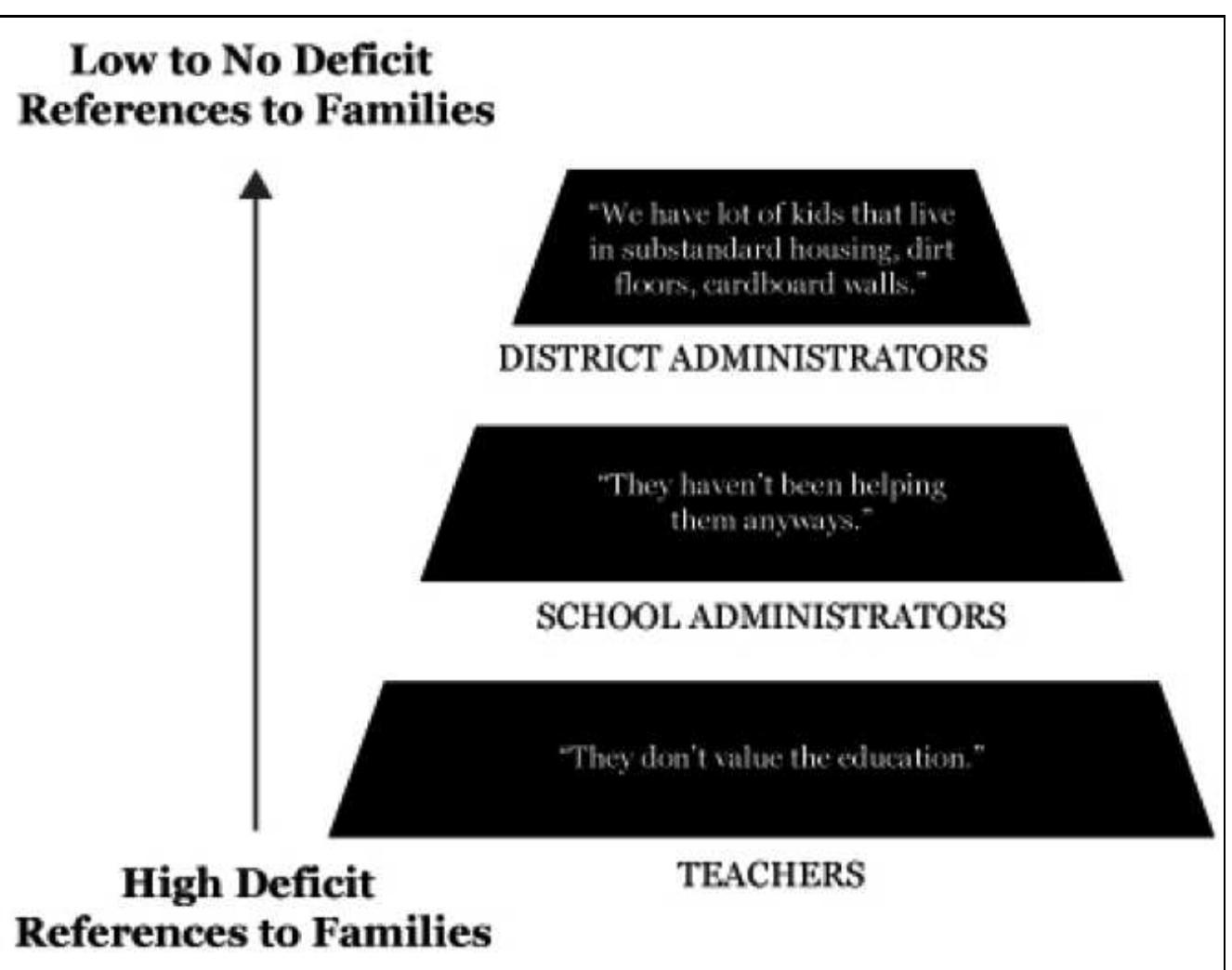Key research themes
1. How can video enhance ethnographic knowledge production through participatory and reflexive methodologies?
This research theme explores the integration of video as a collaborative, reflexive, and participatory tool within ethnographic research. The use of video in ethnography serves not only as a method for data collection but also as a catalyst for co-construction of meaning, fostering dialogue between researchers and participants. It considers video's role in making tacit social practices visible, supporting shared authorship, and enabling intervention to improve practices, particularly in institutional and community settings.
2. What methodological frameworks and analytic approaches best support interpretive video analysis of social interaction within ethnographic research?
This theme focuses on the development and application of systematic frameworks for interpretive analysis of video data in ethnographic studies. It highlights the necessity of methodical rigor in coding, transcription, and multimodal interpretation to reveal intricate social interactions and embodied practices in natural contexts. It encompasses approaches rooted in sociological theory, ethnomethodology, conversation analysis, and interpretive videography, seeking to balance theoretical grounding with practical usability for scholars analyzing dynamic audiovisual materials.
3. How does video ethnography facilitate participant self-representation and multivocality in educational and community research contexts?
This research area investigates video as a methodological tool empowering participants to articulate their own experiences, identities, and perspectives in ethnographic studies. Video diaries, participant-generated films, and collaborative visual productions foster autonomy, trust, and deeper reflexivity, enriching traditional ethnographic methods with participant-driven narratives. The focus is on enhancing multivocality and ethical engagement, particularly in educational research and community-based participatory settings, enabling more nuanced understandings of individual and collective lived realities.




























